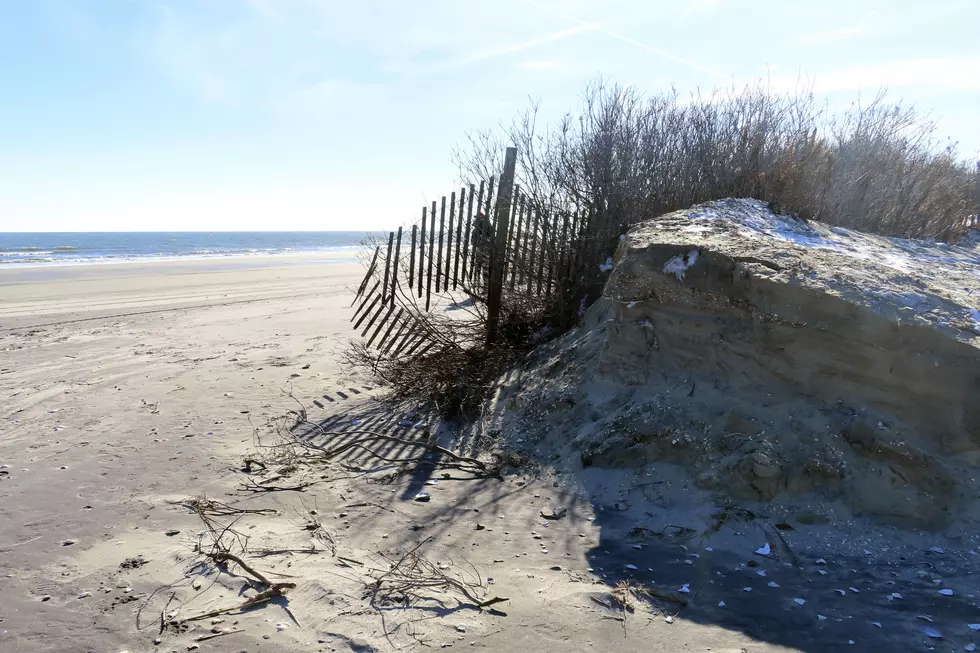
Suicide prevention: Every day, 2 people kill themselves in NJ
Suicide is the 10th leading cause of death among Americans, according to the Centers for Disease Control (CDC), and while more awareness is being raised about the issue, experts agree more needs to be done.
“Suicide remains a significant problem because the latest data shows two people each and every day in the Garden State do take their own life, so we need to continue to raise awareness and get people the help they need,” said Lorraine Mackin, New Jersey director of the American Foundation for Suicide Prevention.
In an effort to help people recognize the symptoms and diagnose illness before a suicide attempt occurs, September has been designated as National Suicide Prevention Awareness Month.
About 90 percent of people who commit suicide are suffering from mental illness at the time, according to Mackin, who added that depression plays a huge role in most suicide cases.
Other risks include those that have a family history of attempted or completed suicide and those that have attempted suicide before.
The majority of people, according to Mackin, will exhibit at least one or more warning signs before they actually take action.
“It might be talking about wanting to kill themselves or saying that they wished they were dead. It could be looking for a way to kill themselves, hording medicine or buying a weapon,” Mackin said.
People thinking about suicide might also express feelings of hopelessness or feeling trapped. Mackin said they also might express feeling that they have no reason to live and are a burden to others. Another sign is if they lose interest in activities or hobbies that they used to enjoy. Insomnia is also a common sign.
“Anyone showing those behaviors should be evaluated by a medical doctor or a mental health professional, but if you think someone is at risk for suicide or to hurt themselves - if you feel danger is imminent, you should not leave that person alone,” Mackin said.
More symptoms and signs of suicide can be found on the CDC's website.
Mackin said while many believe suicide rates go up during the winter, when it’s darker and colder, more people actually commit suicide in the spring.
Mackin said it's important that loved ones reach out and do what they can to help.
“Don’t be afraid to ask questions or don’t be afraid to reach out. Please, ask that person, 'Hey, I’m concerned about you. Are you thinking of taking your life?,'" Mackin said.
New Jersey has a statewide suicide prevention hotline that can provide support and resources. The New Jersey Hopeline is provided in partnership with Rutgers University Behavioral Health Care and the New Jersey Division of Mental Health and Addiction Services.
The number to call is 1-855-654-6735 NJ Hopeline.
People can also call the National Suicide Prevention Lifeline at 1-800-273-8255.
"If you get that conversation going, you may very well be the person who saves a life," Mackin said.
There is a Walk Out of the Darkness suicide prevention event on Sunday, Oct. 4 at Buccleuch Park in New Brunswick at 10 a.m. You can register online.
More From New Jersey 101.5 FM









